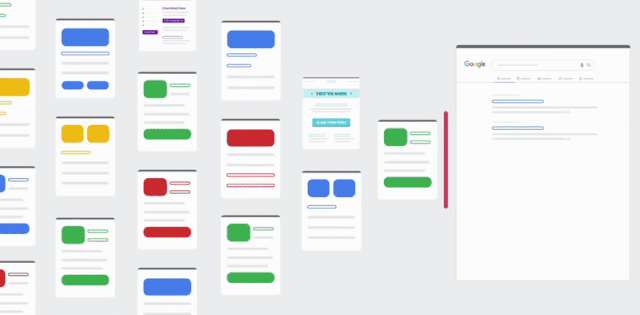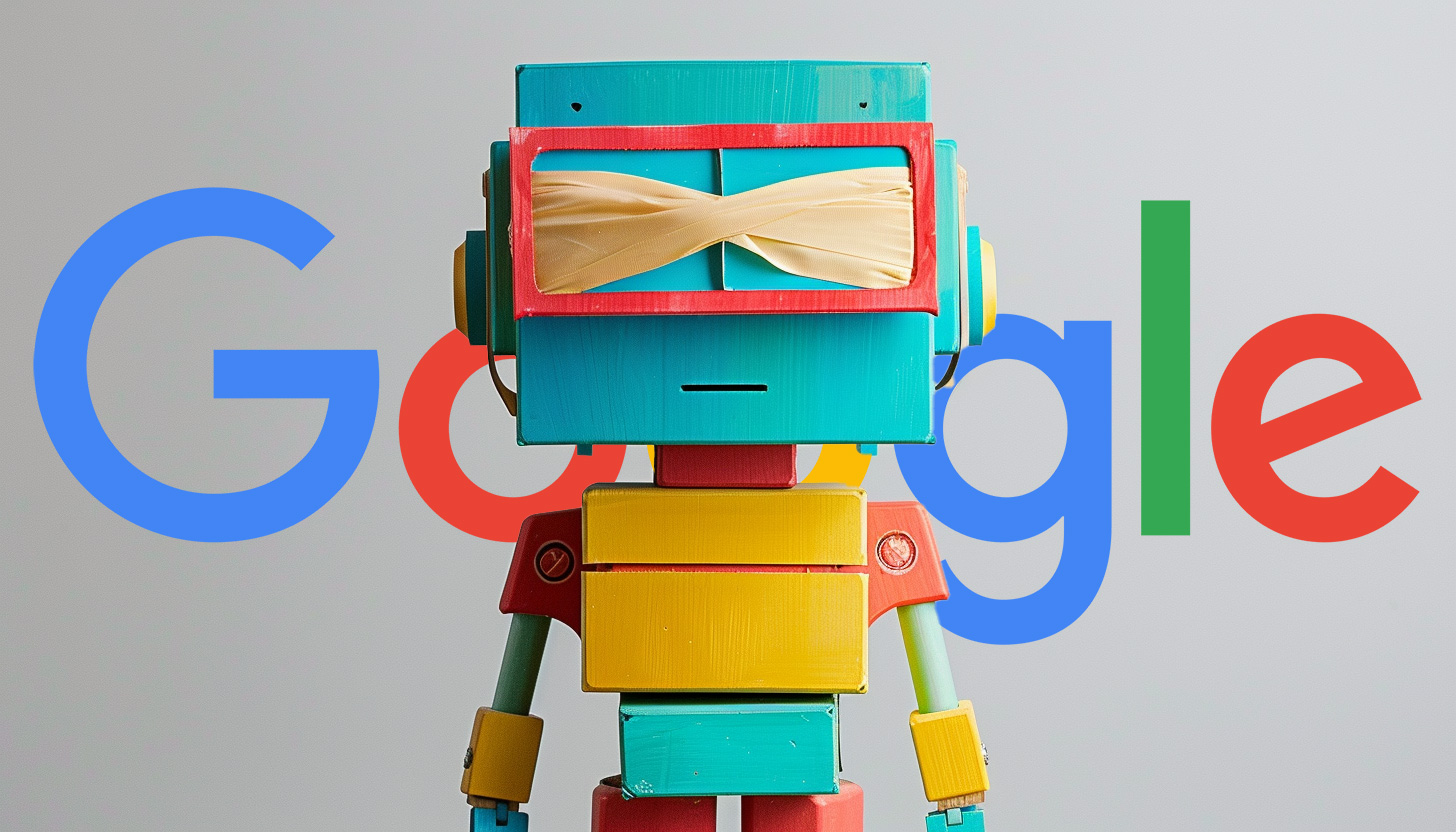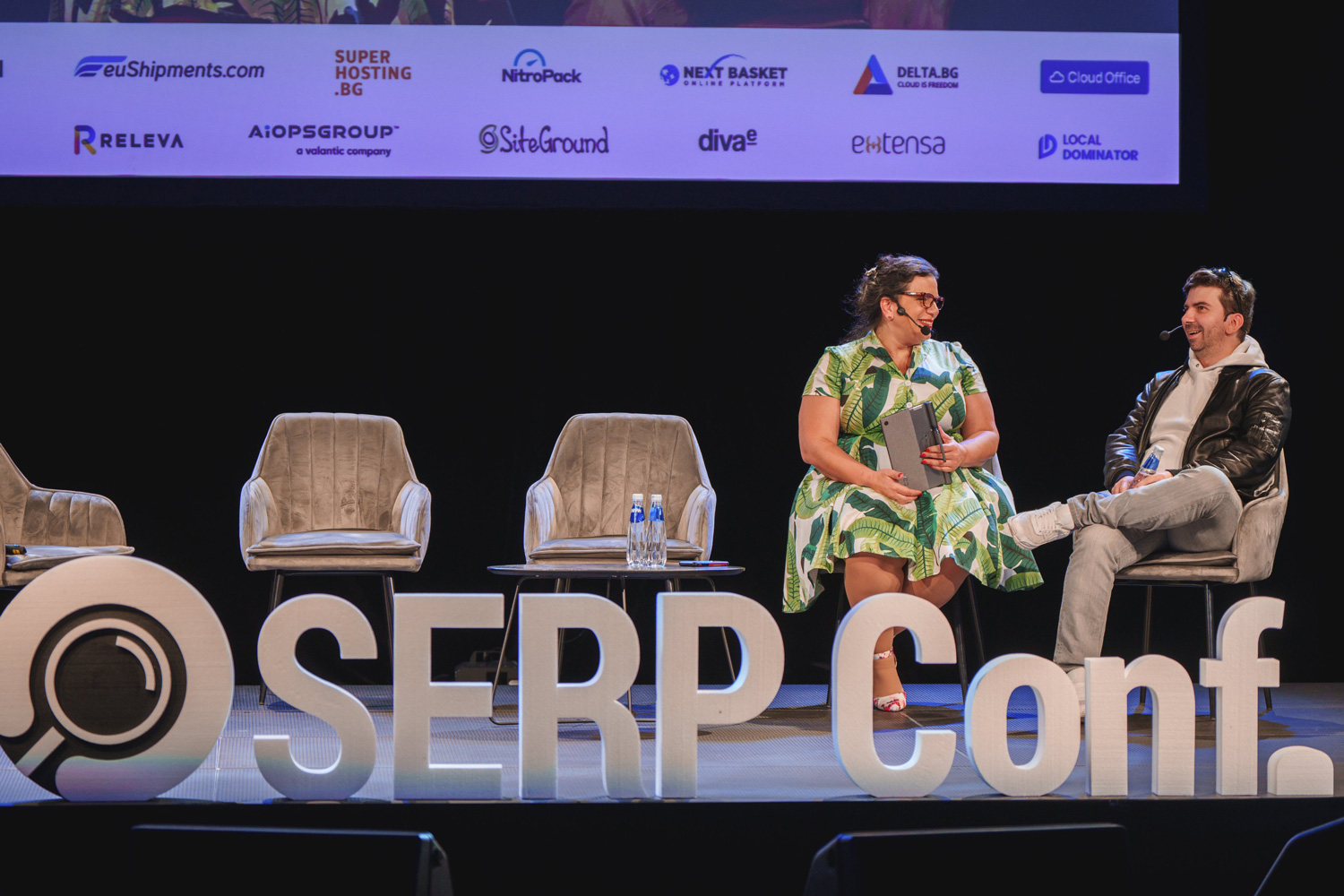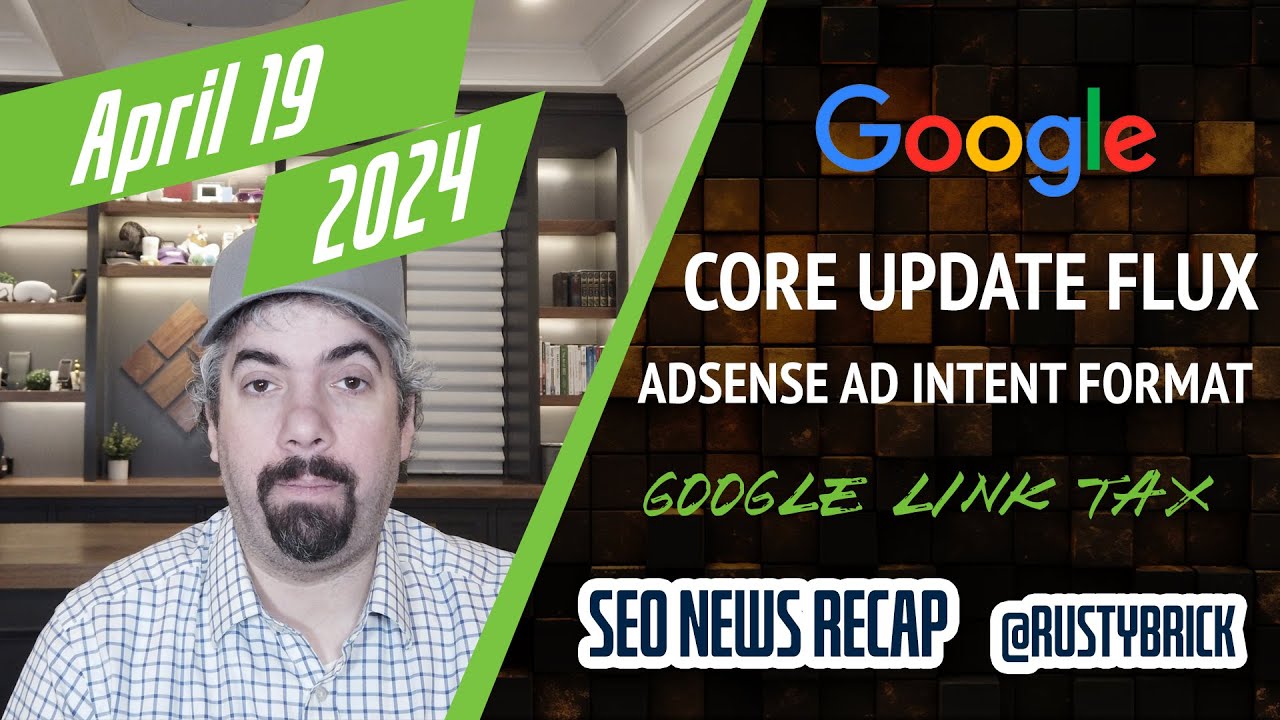SEARCHENGINES
Google October 2022 Spam Update Done Rolling Out In 42 Hours

In less than about 42 hours, Google has fully rolled out the last spam update – the Google October 2022 spam update. The update began on October 19, 2022, at about 11 am ET and was completed on October 21, 2022, at about 5 am ET.
That was quick, the previous spam update in November 2021 took 8 days to roll out but some previous spam updates were rolled out within 24 hours of launching.
The impact seems pretty big for those hit by this update, but the net was not widespread. Meaning, I don’t see a ton of complaints in the SEO community and the automated tracking tools are not showing huge volatility – not yet at least.
Google October 2022 Spam Update Quick Facts
Here are the most important things that we know right now in short form:
- Name: Google October 2022 Spam Update
- Launched: October 19, 2022 at around 11 am ET
- Rollout: Completed on October 21, 2022 at around 5 am ET
- Targets: It improves Google’s spam detection techniques, Google said “sites that violate our policies may rank lower in results or not appear in results at all.”
- Penalty: It penalizes spam techniques that are against Google’s spam policies.
- Global: This is a global update impacting all regions and languages.
- Impact: Google would not tell me what percentage of queries or searches were impacted by this update.
- Recover: If you were hit by this, Google said you should review its spam policies to ensure they are complying with those.
- Refreshes: Google will do periodic refreshes to the spam update. It can take many months to recover, Google said.
Previous Google Spam Updates:
SEO Chatter
Here is some of the early chatter on this October 2022 spam update from both WebmasterWorld and comments here. I am not seeing much more chatter than what I posted yesterday, so here is some of that chatter again plus a bit more that I didn’t post yesterday.
Lost more than 50% since yesterday. Hope this is temporary.
Day after day I see the number of indexed pages decreasing (I mean on Search Console).
Furthermore, the new pages are in no way taken into consideration, despite the various additions on SC, the links on the site, sitemap, social links etc.
down 30-40% in HCU, recovered 15-20% in the core, back down to HCU levels in PRU (not even a single affiliate link or product review article in the site), and now prob. going down even below as the rankings are worst it’s ever been
All of a sudden, Lost all the feature snippet of site in this unannounced update. Does anyone know the cause of it? Is this “site-wide snippet penalty” or “Bug in Google system”?
right now seeing sharp decline in ranking, is that update announced or not?
50k daily to 2k. well done Google
My traffic has been hit again with -150 -200 users. from the 600 users.
My website went down on 12 oct 2022, I don’t know the exact reason behind this but I was doing great.
It’s a spam update. If you’ve been making spam, maybe don’t make spam.
— 🦇 johnmu: cats are not people 🦇 (@JohnMu) October 19, 2022
It’s more of a general spam update, but even there, everything kinda drifts into the same direction (reducing spam in search also helps highlight other good content).
— 🦇 johnmu: cats are not people 🦇 (@JohnMu) October 19, 2022
We have the spam policies that list a lot of this: https://t.co/tzuNXIVzop
— 🦇 johnmu: cats are not people 🦇 (@JohnMu) October 19, 2022
The last spam update we announced was November last year, so it’s not a ton of big, announced updates. We do work on our systems regularly outside of those too.
But yes, there are lots of curious people on the internet 🙂
— 🦇 johnmu: cats are not people 🦇 (@JohnMu) October 20, 2022
Google Tracking Tools
Less than a day later, here are what the tracking tools are showing:
So are you seeing anything yet? Let us know.
Forum discussion at Twitter and WebmasterWorld.
Source: www.seroundtable.com
SEARCHENGINES
Google Again Says Ignore Link Spam Especially To 404 Pages

I am not sure how many times Google has said that you do not need to disavow spammy links, that you can ignore link spam attacks and that links pointing to pages that 404/410 are links that do not count – but John Mueller from Google said it again.
In a thread on X, John Mueller from Google wrote, “if the links are going to URLs that 404 on your site, they’re already dropped.” “They do nothing,” he added, “If there’s no indexable destination URL, there’s no link.”
John then added, “I’d generally ignore link-spam, and definitely ignore link-spam to 404s.”
Asking if it would hurt to disavow, after responding with the messages above, John wrote:
It will do absolutely nothing. I would take the time to rework a holistic & forward-looking strategy for the site overall instead of working on incremental tweaks (other tweaks might do something, but you probably need real change, not tweaks).
Earlier this year we had tons of SEOs notice spammy links to 404 error pages, John said ignore them. In 2021, Google said links to 404 pages do not count, Google also said that in 2012 and many other times.
Plus, outside of links to 404 pages, Google has said to ignore spammy links, time and time again – even the toxic links – ignore them. The messaging around this changed in 2016 when Penguin 4.0 was released and Google began devaluing links over demoting them.
Here are those new posts in context:
I’d say add both. Lol
— Jeremy Rivera (@JeremyRiveraSEO) April 11, 2024
Sure. But also, save yourself the work completely :-).
— John 🧀 … 🧀 (@JohnMu) April 11, 2024
Re-reading your initial post – if the links are going to URLs that 404 on your site, they’re already dropped. They do nothing. If there’s no indexable destination URL, there’s no link. I’d generally ignore link-spam, and definitely ignore link-spam to 404s.
— John 🧀 … 🧀 (@JohnMu) April 11, 2024
… but still… is this a dumb idea?
— Rebekah Edwards (@rebekah_creates) April 11, 2024
It will do absolutely nothing. I would take the time to rework a holistic & forward-looking strategy for the site overall instead of working on incremental tweaks (other tweaks might do something, but you probably need real change, not tweaks).
— John 🧀 … 🧀 (@JohnMu) April 11, 2024
And in general, Google says it ignores spammy links, so you should too (not new) but this post from John Mueller is:
I would just ignore them, Google ignores them too. Sometimes they’re just more visible in tools, but that doesn’t mean they’re a problem.
— John 🧀 … 🧀 (@JohnMu) April 18, 2024
And then also on Mastodon wrote about a similar situation, “Google has 2 decades of practice of ignoring spammy links. There’s no need to do anything for those links.”
Forum discussion at X.
Note: This was pre-written and scheduled to be posted today, I am currently offline for Passover.
SEARCHENGINES
Google Needs Very Few Links To Rank Pages; Links Are Less Important

Gary Illyes from Google spoke at the SERP Conf on Friday and he said what he said numerous times before, that Google values links a lot less today than it did in the past. He added that Google Search “needs very few links to rank pages.”
Gary reportedly said, “We need very few links to rank pages… Over the years we’ve made links less important.”
I am quoting Patrick Stox who is quoting what he heard Gary say on stage at the event. Here is Patrick’s post where Gary did a rare reply:
I shouldn’t have said that… I definitely shouldn’t have said that
— Gary 鯨理/경리 Illyes (so official, trust me) (@methode) April 19, 2024
Gary said this a year ago, also in 2022 and other times as well. We previously covered that Google said links would likely become even less important in the future. And even Matt Cutts, the former Googler, said something similar about eight years ago and the truth is, links are weighted a lot less than it was eight years ago and that trend continues. A couple of years ago, Google said links are not the most important Google search ranking factor.
Of course, many SEOs think Google lies about this.
Judith Lewis interviewed Gary Illyes at the SERP Conf this past Friday.
SEARCHENGINES
Google Core Update Flux, AdSense Ad Intent, California Link Tax & More

For the original iTunes version, click here.
The Google March 2024 core update is still rolling out, almost 6 weeks now, and we saw two shifts of ranking volatility, both mid-week and the weekend before. Google’s Danny Sullivan went on the defensive on search quality and forum listings in the search results. Google’s site reputation abuse spam policy will be fought both algorithmically and through manual actions. Google responded to The Verge mocking its search rankings over best printer. Google Search Console has a new unused ownership tokens page. Some sites may see the Google Indexing API work for a limited time on unsupported content types. And having two sites won’t result in your sites search ranking decline. BingBot now fully supports Brotli compression and will test Zstd compression soon. Google Search is testing thumbs-up and down buttons for product carousels. Google is testing new sitelinks designs. Google Notes on Search may not go away in May. Google Maps no longer supports draft reviews. Google Maps released a bunch of new maps, directions, travel and EV features. Google Ads Demand Gen campaigns now support AI image generation. Google Ads is testing a similar product carousel. Google Ads reminds advertisers that ad customizers are going away. Google Ads is testing a new horizontal ad card format. Google AdSense has these new ad intent formats. Google AdSense publishers are reporting lower RPM earnings since mid-February. Google threatens to drop links to California news publishers amongst link tax bill. That was the search news this week at the Search Engine Roundtable.
SPONSOR: Wix Studio lets digital marketing agencies get all of the benefits Wix has to offer from best-in-class SEO capabilities to 99% up-time with the added value of an extensive client and team management system baked right into the platform.
Make sure to subscribe to our video feed or subscribe directly on iTunes, Apple Podcasts, Spotify, Google Podcasts or your favorite podcast player to be notified of these updates and download the video in the background. Here is the YouTube version of the feed:
Search Topics of Discussion:
Please do subscribe on YouTube or subscribe via iTunes or on your favorite RSS reader. Don’t forget to comment below with the right answer and good luck!
-

 PPC4 days ago
PPC4 days ago19 Best SEO Tools in 2024 (For Every Use Case)
-

 MARKETING7 days ago
MARKETING7 days agoWill Google Buy HubSpot? | Content Marketing Institute
-
SEARCHENGINES7 days ago
Daily Search Forum Recap: April 16, 2024
-

 SEO7 days ago
SEO7 days agoGoogle Clarifies Vacation Rental Structured Data
-

 MARKETING6 days ago
MARKETING6 days agoStreamlining Processes for Increased Efficiency and Results
-
SEARCHENGINES6 days ago
Daily Search Forum Recap: April 17, 2024
-

 PPC7 days ago
PPC7 days agoHow to Collect & Use Customer Data the Right (& Ethical) Way
-

 SEO6 days ago
SEO6 days agoAn In-Depth Guide And Best Practices For Mobile SEO


























You must be logged in to post a comment Login